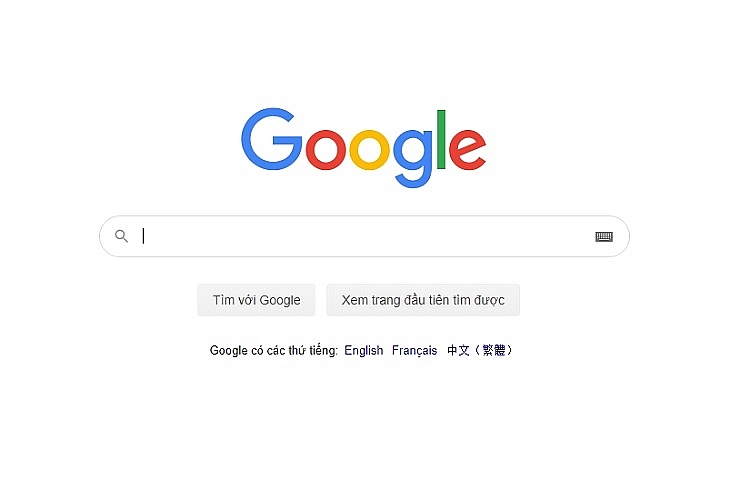Google slams Australia law forcing tech giants to pay for news
 |
| Google slams Australia law forcing tech giants to pay for news |
Australia announced last month that firms like Google and Facebook would have to pay news media for content, after 18 months of negotiations ended without agreement.
The landmark measures would include fines worth millions of dollars for non-compliance and force transparency around the closely guarded algorithms firms use to rank content.
Google is now fighting a rearguard action to prevent the measures from entering into force.
On Monday it told users in a new homepage pop-up that "the way Aussies use Google is at risk" and their search experience "will be hurt" by the changes.
The technology titan linked to an open letter claiming it would be forced to hand over users' search data to news media companies and give them information that would "help them artificially inflate their ranking" above other websites.
Google says it already partners with Australian news media by paying them millions of dollars and sending billions of clicks each year.
"But rather than encouraging these types of partnerships, the law is set up to give big media companies special treatment and to encourage them to make enormous and unreasonable demands that would put our free services at risk," the letter states.
The legislation will initially focus on Facebook and Google -- two of the world's richest and most powerful companies -- but could eventually apply to any digital platform.
Australia's proposals are being closely watched around the world, as regulators increasingly train their focus on the rapidly changing sector.
News media worldwide have suffered in the digital economy, where big tech firms overwhelmingly capture advertising revenue.
The crisis has been exacerbated by the economic collapse caused by the coronavirus pandemic, with dozens of Australian newspapers closed and hundreds of journalists sacked in recent months.
Unlike other countries' so-far unsuccessful efforts to force the platforms to pay for news, the Australian initiative relies on competition law rather than copyright regulations.
It has strong support from local media outlets and is expected to be introduced this year.
What the stars mean:
★ Poor ★ ★ Promising ★★★ Good ★★★★ Very good ★★★★★ Exceptional
Related Contents
Latest News
More News
- State corporations poised to drive 2026 growth (February 03, 2026 | 13:58)
- Why high-tech talent will define Vietnam’s growth (February 02, 2026 | 10:47)
- FMCG resilience amid varying storms (February 02, 2026 | 10:00)
- Customs reforms strengthen business confidence, support trade growth (February 01, 2026 | 08:20)
- Vietnam and US to launch sixth trade negotiation round (January 30, 2026 | 15:19)
- Digital publishing emerges as key growth driver in Vietnam (January 30, 2026 | 10:59)
- EVN signs key contract for Tri An hydropower expansion (January 30, 2026 | 10:57)
- Vietnam to lead trade growth in ASEAN (January 29, 2026 | 15:08)
- Carlsberg Vietnam delivers Lunar New Year support in central region (January 28, 2026 | 17:19)
- TikTok penalised $35,000 in Vietnam for consumer protection violations (January 28, 2026 | 17:15)

 Tag:
Tag:




















 Mobile Version
Mobile Version